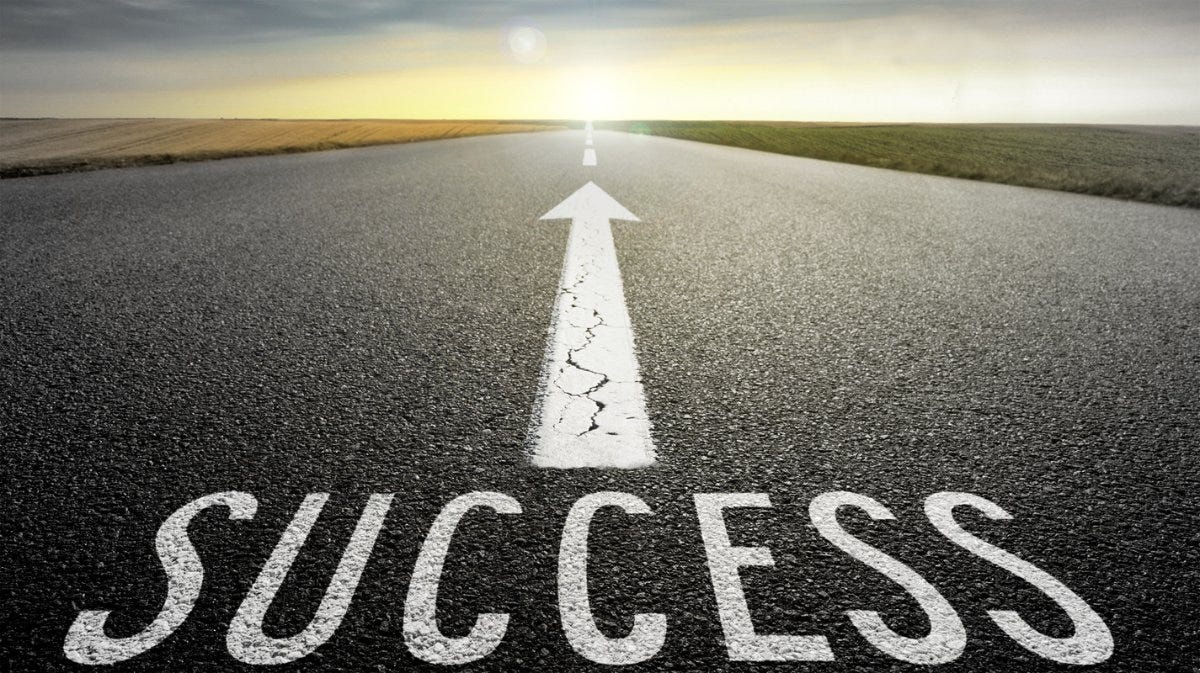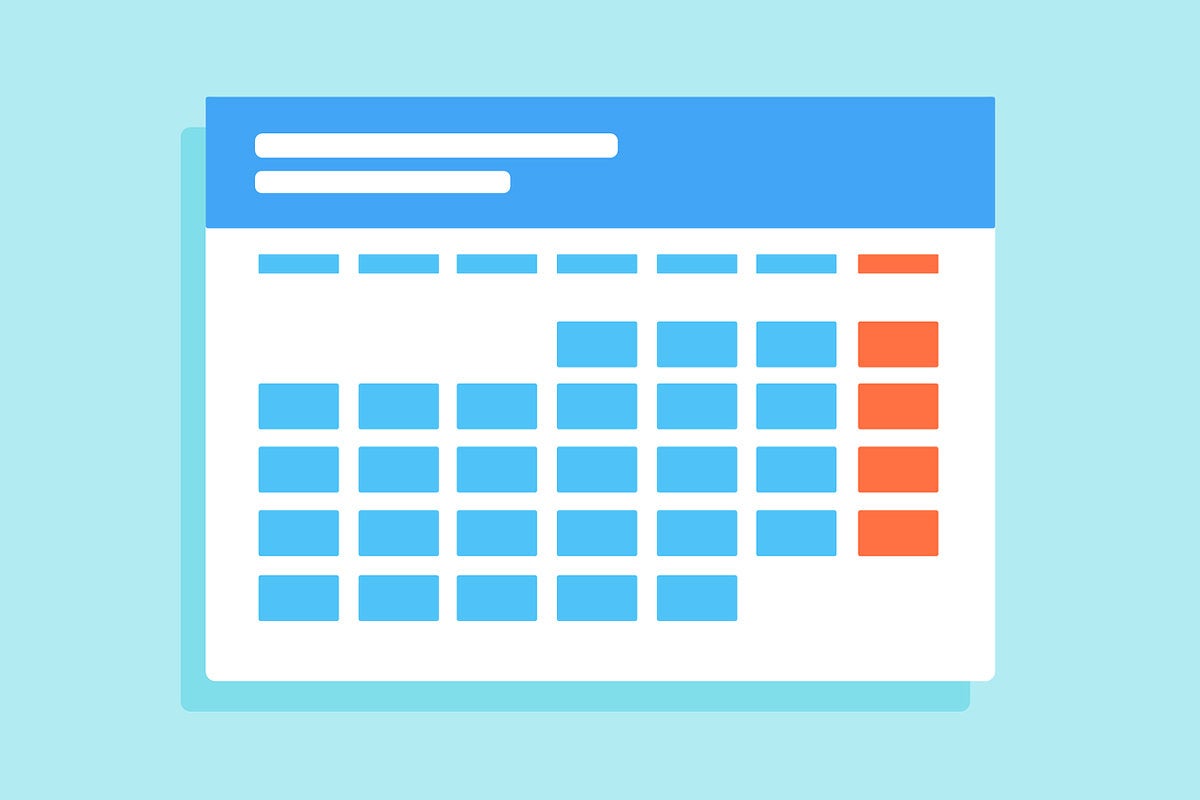
I recently came across a podcast that shared some words of wisdom from 15 Secrets Successful People Know About Time Management, by Kevin Kruse. I’ve picked a few to write about that i thought had resonance for me and could be applied to the sort of things I think about in relation to productivity.
Time is an asset
Time, Kruse says, is our most valuable and also our most scarce asset. I like to think of time like money. You can either invest it, spend it, or waste it.
Investing time means using your time to take care of yourself – investing your time in you. Spending your time means giving it up in the pursuit of undertaking a task – maybe something you get paid for doing or something you have to do that you don’t get paid for. You have to find harmony between these two things – invest sufficiently so that you are not overspending. A lack of investment and overspending of time leads to negative feelings such as feeling overwhelmed. When we invest in rest we prepare ourselves for the exertion of spending our time. Just in the same way as when we invest (or save) our money we prepare ourselves for spending it.

The other thing we can do with time is waste it. Do I have to explain that one? I don’t think I do. But I would say is that when we do waste our time we’re left feeling bad about things because we think of all the things we could have done. Just to be clear though when I think about wasting time I don’t mean time we spend in rest even if that is binge watching Netflix. If you have set your intention to that and you have engaged with it and it is restful then that is an investment. It’s more the mindless scrolling through social media or drifting aimlessly through a whole weekend that I mean.
Make sure you plan.
Plan your weekend then engage in it. Plan your working day then engage it. Get into micro planning. Have a daily startup plan. Have a working day startup plan. Have a working day closedown strategy. Plan these things to make best use of your time. Assuming you sleep for 8 hours a day you have 960 minutes each day to go at. Make sure you invest or spend them all and don’t waste any. You don’t get them back!
Work from your calendar not a to-do list

This is something that David Allen also says. He says to do lists don’t work. We tend to make them when we’re out of control and we are never sure that everything is captured on them. And… we never get to the end of them before moving on to something else, hitting a crisis, and writing another to-do list. Kruse says that 41% of the jobs on a to-do list don’t get done.
Stick strictly to a schedule. Everything you need to do goes into your calendar. Everything. That way you can plan every day. I do this in the morning at 8.30 and on an afternoon at 4.30 and then a bigger planning session on a Friday to plan the week ahead (and sometimes further). After you’ve planned you pick up whatever task is in your calendar at whatever time and do it knowing that you will have put the right thing to do at that point in your calendar. The less choice points you give yourself the less you will procrastinate. Never (unless you are in planning mode) think what am I going to do next. Plan then do. When you are doing this….
Batch your work in themes

The productivity literature refers to this as ‘chunking’. Put tasks that require the same set of mental attentions together. Here’s what I do. I thought about my job (I’m a lecturer and writer). My work breaks down into three sets. I am always either talking (lectures, meetings, conversations with colleagues), writing (blogs, lectures, book chapters, video scripts), or I am reading (minute notes, books, research papers, text books). I try as far as I can to group tasks that fall into these groups together. Once I switch on the parts of my brain it takes to do these things, the longer I can keep them switched on, the better. When I read I start slowly but the longer I read for the faster my reading speed becomes. Chunk similar tasks together as much as you can.
Say ‘No’

Saying ‘yes’ to something means you will have to say ‘no’ to something else. There are only so many minutes in the day. The problem is saying ‘yes’ makes us feel good! But just because someone knocks on your door doesn’t mean you have to open it. While I think we should all work hard and step up when there’s something to do – don’t go jumping in. Think. Ask yourself – am I a good person to be doing this – does it fit my skill set. Ask, does this support my immediate goals – what do I need to do that needs to be done – does this new thing fit in with those things or is the time frame long enough that I can get to it after I have achieved my immediate goals. Don’t just say ‘Yes’ then think about these things! Because you’ve already said ‘yes’ so it’s too late now! Act in haste repent at leisure as my Mam has often said to me when I’ve just acted in haste!
Spend you time wisely.
Say ‘no’ when you should (and when you can ….sometimes we just have to suck it up). Plan your time meticulously – it’s precious – and make the most of every minute by chunking similar tasks together when you can.

Find success!
